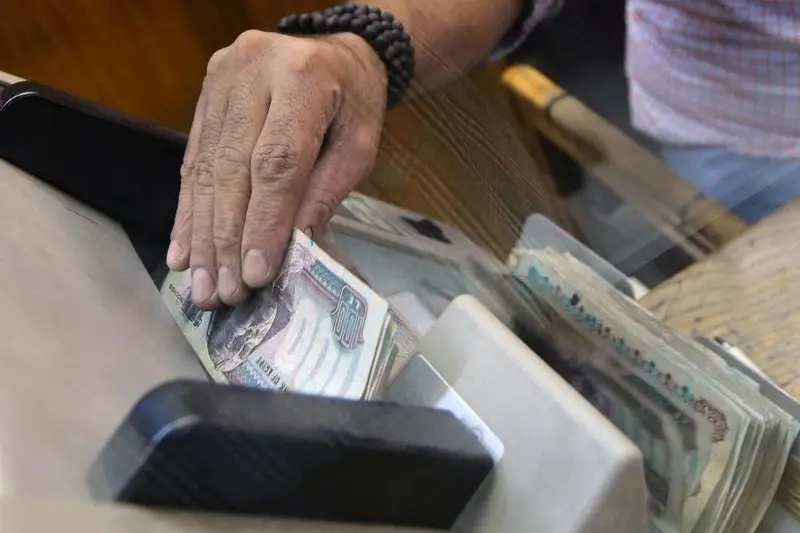PHOTO
Egypt - Minister of Finance Mohamed Maait has said that the government has initiated a stimulus package to increase production, in a manner that integrates with other efforts made by the state in order to deal flexibly with global economic challenges, including the sharp disruption of supply chains and the unprecedented increase in commodity prices and services worldwide.
Maait met with Mthuli Ncube, Minister of Finance and Economic Development of Zimbabwe, and his accompanying delegation on Saturday. He stressed the government’s keenness to continue supporting economic activities, especially the productive and export sectors, by providing tax and customs incentives and financing facilities, in a way that helps in maximizing the contributions of the private sector; as a key element to drive economic activity.
He added that the state launched an initiative to support the productive sectors by providing EGP 150bn in soft financing, at 11% interest, for agricultural and industrial production activities, pointing to support for the export sector, by disbursing EGP 48bn in export support to 2,500 companies, through several initiatives since 2019 until now, in a way that contributes to providing the necessary cash to stimulate investment and localize the industry.
He explained that the government is keen to expand the social protection network for the neediest groups, to mitigate the severity of inflationary effects, by launching several initiatives, including increasing the financial categories granted to beneficiaries of Takaful and Karama programs by 25% per month, starting from the first of next April, at an annual estimated cost of EGP 6.5bn within a package to improve the wages of state workers and pensions.
He pointed out that Egypt’s economy was able to withstand and cohesion in the face of global challenges, as it achieved a growth of 6.6% in June 2022 compared to 3.3% during the fiscal year 202/2021, and the total deficit decreased from 16.5% of GDP in 2013/2014 to 6.1% of GDP in the last fiscal year, and recorded primary surpluses ranging between 1.3% and 2% of GDP over the past five years, compared to an initial deficit of 8.4% of GDP during the fiscal year 2013/2014, in a way that confirms that the path of economic and structural reform that Egypt has pursued during past years; contributed to laying the foundations of financial discipline and maintaining macroeconomic stability.
Ncube reviewed the experience of financial reform and the pension system and the remarkable development witnessed by the agricultural sector and wheat production, noting his country’s aspiration to benefit from the Egyptian experience in comprehensive health insurance, by sending a delegation to learn about the fundamental reforms it has taken to improve the health system.
© 2022 Daily News Egypt. Provided by SyndiGate Media Inc. (Syndigate.info).





















